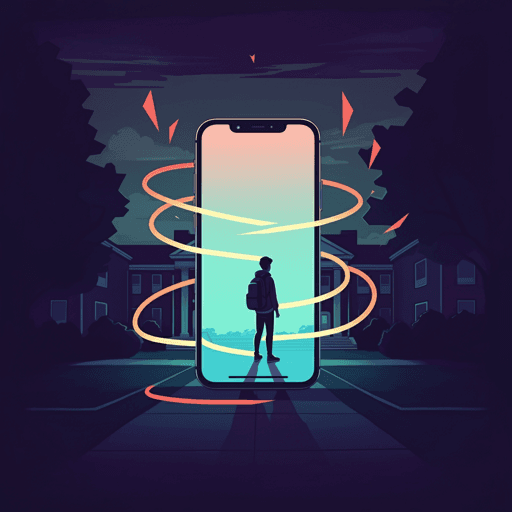
Psychology
The impact of social isolation on smartphone addiction among college students: the multiple mediating effects of loneliness and COVID-19 anxiety
Y. Wang and Q. Ma
During COVID-19 campus lockdowns, social isolation drove smartphone addiction among college students largely through loneliness and COVID-19 anxiety. This study uses a multiple mediation model to map direct and indirect (parallel and sequential) pathways and suggests interventions targeting loneliness and anxiety. This research was conducted by Ye Wang and Qianying Ma.
Related Publications
Explore these studies to deepen your understanding of the subject.







